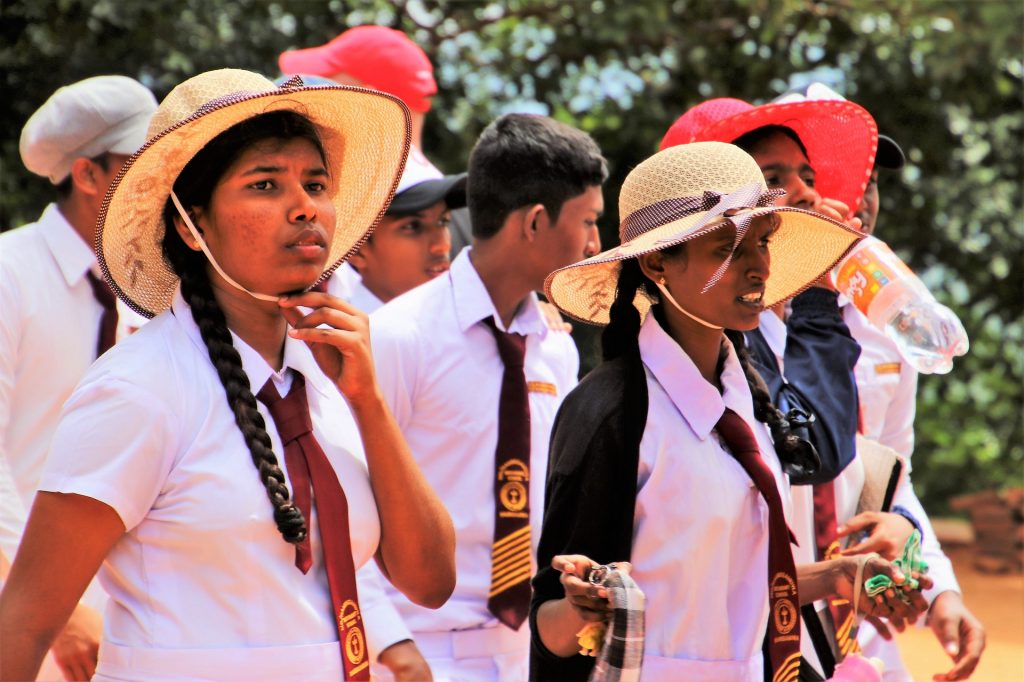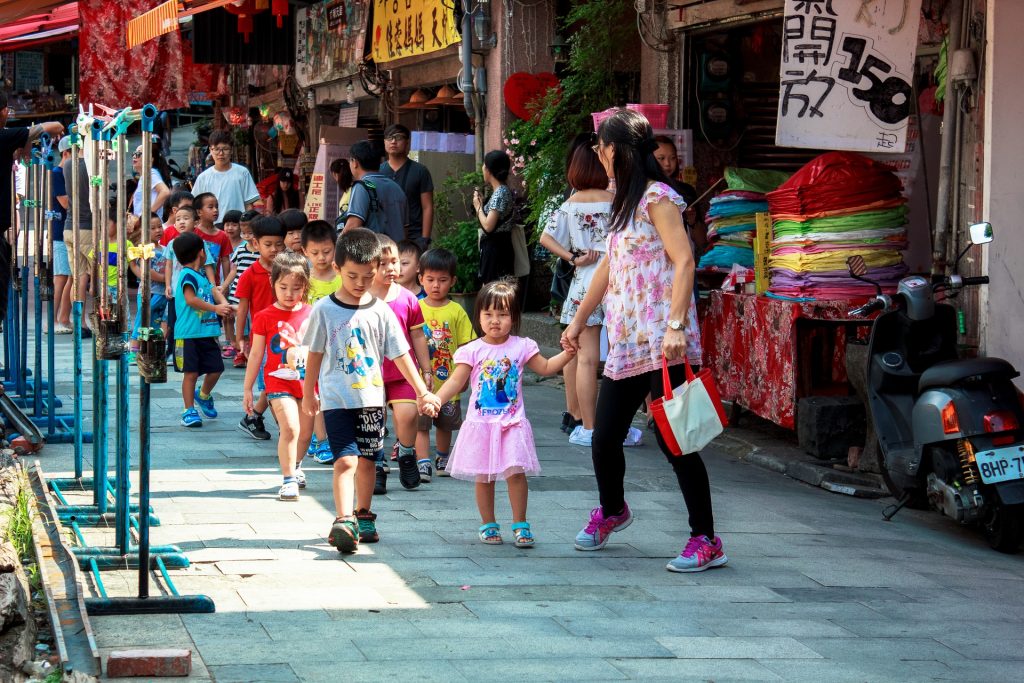
Professionally-run student tours are the need of the hour. They are the perfect opportunities to combine education with adventure and fun.
When the students and their guardians are nowadays no more interested to remain confined within the boundaries of the classroom, student tours are the best way to impart quality education.
Some of the benefits of these kinds of tours are:
- Students can meet other students from different states, countries or cultures.
- These tours are the best ways to gain educational benefits from various places.
- The tours are the best ways of self-introspection and help the students to be self-dependent.
- As the place of study is entirely different, resilience and independence get rooted in the students. These two are very important attributes which the employers look for in their employees.
- Development of different perspectives and understanding the width of the world is an extremely helpful advantage of student tours.
If you are a student or a guardian, you must have by this time, realized the far-reaching benefits, these tours have. You must be willing to get connected with a professional yet experienced student tours manager.
Travelling is itself a challenge and when it is with students, the trips have to be conducted more carefully. The safety and security of each and every student have to be guaranteed.
Let us have a look at some of the tips which would make the trip a successful and memorable one and devoid of any mishap.
Field Trip Rules For Students Safety:

- A destination specialist should always accompany the group. He / She will not only be the last resource about the place but will also be able to assist the driver.
- He/she can also make recommendations to the trip sponsor to help in a smooth transition from one place to another. He is the sole person who can look after adjusting the itinerary and facilitating the arrival and departure from hotels and places of attractions.
- The organization is an equally important key for conducting safe tours for students. The well-managed travel experience will begin only with the realization that there must be the best possible supervision and clearly charted out responsibilities in your group.
- There should always be a code of conduct or a set of well defined behavioral expectations for the entire duration, be it in the bus or car or in the hotel.
- The authority figures should be effective in carrying out their duties and should ensure that the students are in the right place at the right time and have no discipline issues.
- The final itinerary should always be reviewed, emphasizing on the learning experiences to be gathered.
- If the tour spans for more than a day, night time security is a thing to be considered.
- Other than this, there should be plans for health care and handling medication and first aid. Safe travel experience is always about being prepared for an unforeseen illness or accident.
Best practices for field trip safety | How do you prepare students for a field trip?
Here are some of the best practices that can be implemented for making a field trip successful and safe.
1. Discussing the field trip behavior rules with the students in advance
A week before heading out on the field trip, teach, model, and review the required field trip behavior with the students. Have a talk with them about safety.
You must explain the importance of not talking to strangers, not wandering off, and reaching out to adults if they need anything.
Sound serious and back your explanation with consequences so that they do not test the boundaries on the day of the event. The teachers may also reward the students afterward for behaving well.
2. Giving a learning task to the students beforehand
A base of knowledge on the subject is necessary before showing up for the field trip. So, teachers may spend time with the students discussing the subject.
They may also give some homework to the students about finding out interesting facts related to the subject to keep them engaged, focused, and informed.
3. Obtaining written consent for each student
The permission slip should be sent to each parent ahead of time for their consent. It should include all the necessary details about the field trip such as the date, location, mode of transportation, and departing time.
Notify parents and student guardians of the itinerary in advance to organize things successfully. They should also be provided with a contact number of an authoritative person on the field trip.
4. Choosing parent chaperones
The most important field trip rule is choosing the right parent chaperones. On a trip, there should be enough adults to look out for all the kids. It is important to select the wise, mature, and responsible chaperone.
5. Carrying all the necessary mediations
Concern a school nurse to know about the medication that the students take during the day. Along with the listed medications, also carry the basic and emergency ones that you might need if something occurs.
Take special care of students having allergies. Make sure that the allergic students stay with you under your care.
6. Count as often as possible
During the field trip, count heads at regular intervals to make sure that no kid is left behind. The worst thing that can happen on a field trip is losing a student.
So, make sure that all the students are counted correctly and often.
7. Assign a partner to each student
Assign a partner to each student to keep them in pairs. This will help to manage the students as well as keep them organized. Also, each student will feel responsible for his partner.
Thus, it will generate a sense of responsibility in them.
What should a student bring to a field trip?
Before going on a field trip, the most important task is to pack a bag with the items that a student must carry on a field trip. To make it easier for you, here is a list of items that a student should bring to a field trip.
- A lightweight bag to carry all the items
- Notebooks to pen down notes and learnings
- Books to read during the travel hours
- Pens and highlighters
- Scissors
- Lunch box
- Water bottle
- Some extra snacks
- A cell phone (if it’s allowed)
- Extra Clothing
- Rain Jacket
- Hat and Sunglasses
- Sunblock and insect repellents
- Close-toed shoes
- Hand Sanitizer or wet wipes
What activities students can do on the field trip? ( Safely )
Several educational, as well as fun activities, can be done on a field trip with safety, including lectures, worksheets, tours, videos, demonstrations, and games.
Students can also do Stewardship and restoration activities that include native plantings, litter picking, invasive species removal, seed collection, etc. They can also play active games that can provide them with a great way to invest their extra energy.
Other than these activities, students can also do reflection and observation activities in which they can take guided walks, scavenger hunts, make drawings, click pictures, etc.
With these activities, they can soak it all in and have a better understanding of the subject matter of the field trip.
Conclusion
Successful student travel is not only about selecting a date of travel and destination and making reservations and collecting payments.
It is also about frequent and effective communication, thorough planning, and attention to detail.

